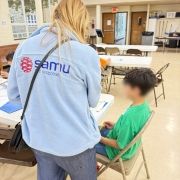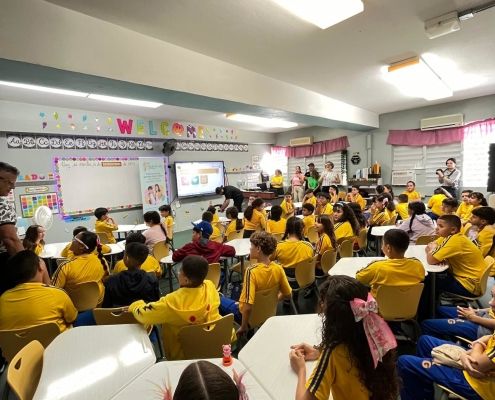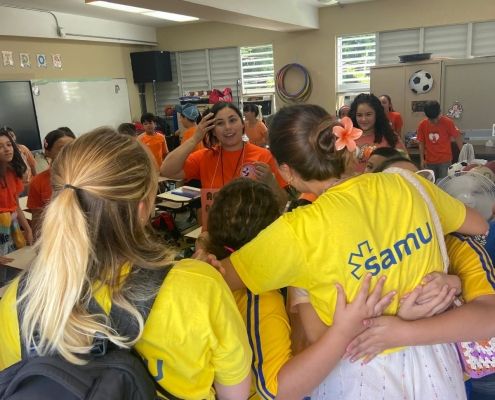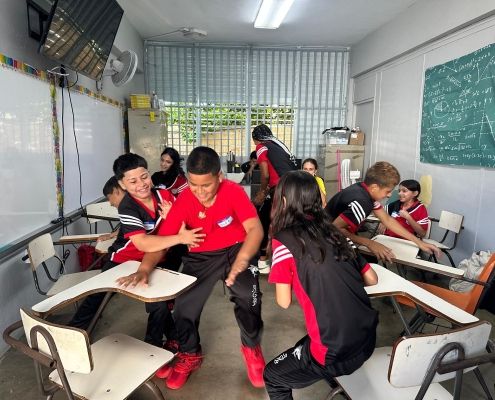SAMU First Response Supports Hispanic Children in Learning Spanish Literacy
SAMU First Response, a leading humanitarian organization in the United States, is proud to announce its Escuelita SAMU program, which focuses on supporting Hispanic migrant children in learning to read and write in Spanish. The initiative aims to preserve their connection to their native language and culture, ensuring that they do not lose their linguistic heritage during their transition to life in the U.S.
The Escuelita SAMU program provides structured literacy lessons designed to help children build a strong foundation in Spanish. By empowering these children to develop reading and writing skills in their mother tongue, SAMU First Response is investing in their future. The goal is to equip them with bilingual abilities that will be crucial as they enter the workforce as adults.
Learning both Spanish and English offers significant benefits for migrant children. Being bilingual opens doors to a broader range of career opportunities, higher earning potential, and greater competitiveness in fields such as healthcare, education, international business, and public service. In addition, bilingualism strengthens cognitive flexibility, problem-solving abilities, and cultural understanding.
“Escuelita SAMU is not just about teaching children to read and write—it’s about empowering them to maintain their cultural identity while preparing them for a successful future,” said Marisela Castillo, Outreach Manager at SAMU First Response. “The positive impact of this program goes beyond literacy. It provides these children with the tools they need to thrive academically, socially, and professionally, ensuring they grow up to be bilingual, culturally rich, and ready to contribute to society.”
SAMU First Response’s Escuelita SAMU ensures that Hispanic migrant children not only thrive in their new environment but also maintain strong ties to their cultural identity. The program provides them with the tools to succeed academically and professionally, while remaining connected to their roots and language.









